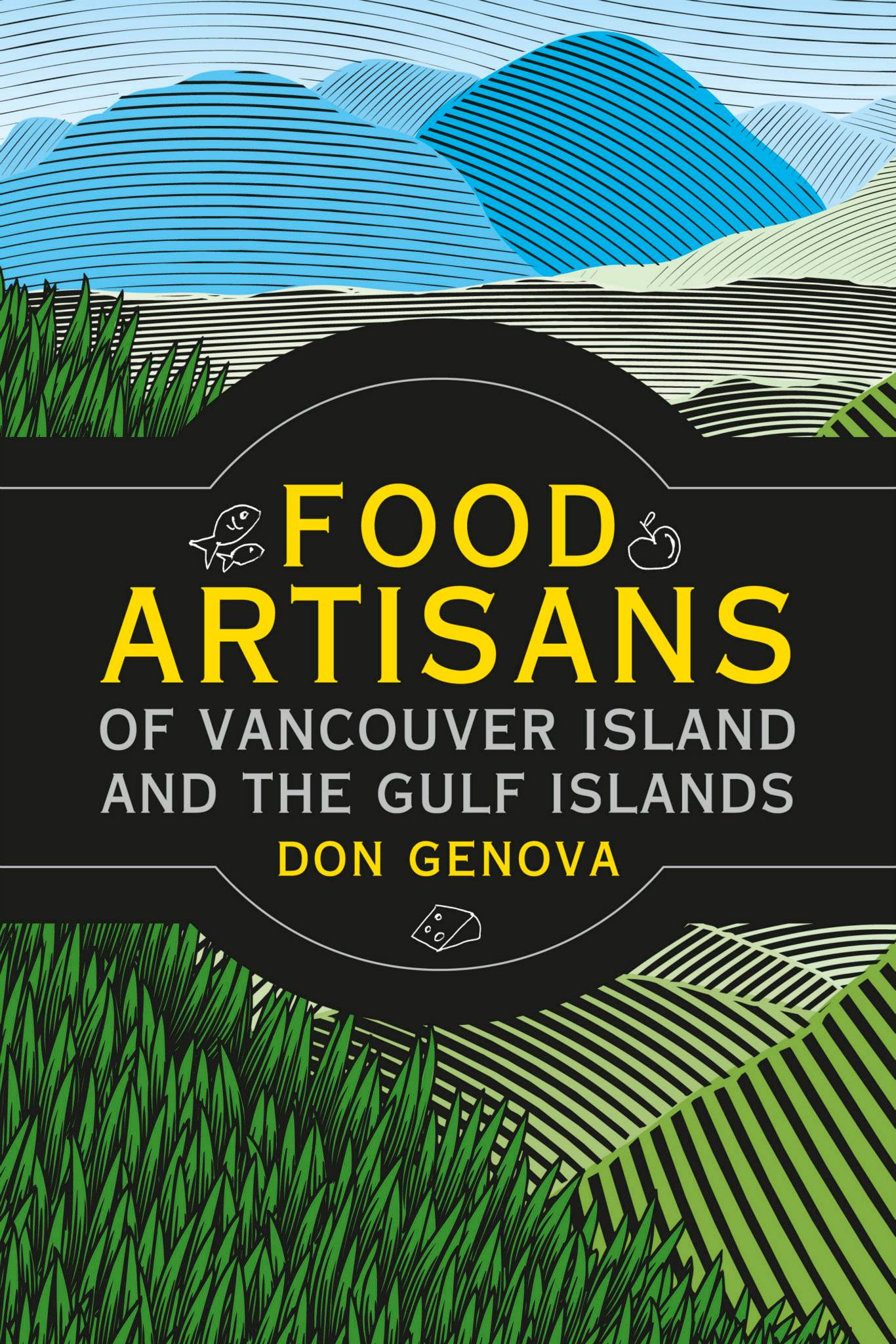 One of the most common resolutions for the New Year is ‘go on a diet’. It’s probably one of the most oft-broken resolutions as well. But you don’t have to go on a diet to feel like you’re doing something different. Today on Food Matters, I sifted through some of the advice and trends offered this year to help guide you with some non-dieting resolutions.
One of the most common resolutions for the New Year is ‘go on a diet’. It’s probably one of the most oft-broken resolutions as well. But you don’t have to go on a diet to feel like you’re doing something different. Today on Food Matters, I sifted through some of the advice and trends offered this year to help guide you with some non-dieting resolutions.
I think most so-called diets are set up to fail, and I really think you just have to figure out what works with you. Any diet that totally denies you from eating certain foods or encourages you to do something you just don’t like is earmarked for failure, in my opinion. But you can maybe modify some habits that you feel are detrimental to a healthy and sustainable lifestyle, or start new ‘home food policies’, I’ll call them…
There is no shortage of advice out there at this time of year. I’ve certainly been bombarded by email and web features telling me all about how I should be living my life, so I’ve combed through a bunch of them and picked out some of the notable points for you…
I subscribe to a newsletter from Food Tank, which is a food think tank co-founded by Ellen Gustafson, a sustainable food system activist and innovator, and Danielle Nierenberg, an expert on sustainable agriculture and food issues. They have a list of 14 different food resolutions for this year and they have some really great ones. Some of my favourites are ‘Meet Your Local Farmer’, ‘Eat Seasonal Produce’, and ‘End Food Waste’. Those are noble ambitions I’ve been talking about (and trying to practice) for years, but here’s a few more I like: ‘Go Meatless Once A Week’, cook more for yourself and others, and try to make sure more food knowledge is passed on from generation to generation.
To cook you need to shop, and there is a round-up of posts to help you specifically with shopping from TheKitchn, an offshoot of the popular Apartment Therapy website, and after reading through a few of these posts I think they’re quite valuable. Some of them don’t apply to Canadians, like ‘best shopping tips for Trader Joe’s’, but I do like the guides to eating on a tight budget, making the farmers’ market the only place you shop and how to read food labels to tell if you are really getting whole grains as an ingredient. My favourite has to be ‘Stocking a Healthier Pantry From Whole Foods for $99, Can It Be Done?’, since many people have nicknamed Whole Foods as Whole Paycheque. There is also a link to an infographic on The Shelf Life of Food, which can really help with cutting down on food waste, it lists a wide range of foods and how long it’s safe to have them on the counter or in your panty, in the fridge or in the freezer.
If your problem is that you just have too much stuff in the kitchen cupboards, then you need to visit the Epicurious post on ’10 Things to Toss Out of Your Cupboard for 2014’. This puts in black and white all the advice you’ve been afraid to take action on, like:
1. If you can’t remember when you bought those spices, it’s probably time to replace them.
2. Have plastic storage containers that were once part of a set and are now scattered in the cupboard? Match lids to bottoms, and recycle any without partners.
5. Have doubles of kitchen tools? No one needs two electric can openers — donate one.
8. Did you buy a case of pasta sauces your family didn’t really like? Went crazy in the big-box store? No need to feel guilty wasting money — donate items you know you won’t eat to a local foodbank and reclaim valuable cabinet space.
When it comes to trends, there are a couple of good posts on the Eating Well website, although I have to laugh at some of the ingredients mentioned since I think we’ve already been eating them here on the West Coast for years…
A new buzzword the editors say we’ll be hearing a lot of is ‘Clean Eating’, instead of healthy eating. They define it as “eating more vegetables, less meat, less sodium, watching your alcohol, limiting processed foods and choosing whole grains”. Which is advice that’s been out there for quite some time, but ‘Clean Eating’ sounds better, right?
They also think 2014 will be the year when we start eating more ‘trash fish’ or species that are commonly considered bycatch or not as desirable from a commercial standpoint, and that cauliflower is going to replace kale as the ‘it’ vegetable this year. How do you feel about cauliflower?
And what about quinoa? I have made it known in the past that I was practically sick of quinoa as soon as it became a trend, but now I might have to put up with ‘Kaniwa’. This apparently ‘Baby quinoa’, similar to quinoa but smaller. It’s also from the Andes, cooks quickly and is high in protein.
Also look for fermentation to blossom as a hot trend, we’re talking things like sauerkraut, kim chee and kambucha tea, some of which are already found in abundance here on the coast, and more people will turn to making their own wine and beer.
 My personal resolutions for my food life in 2014? A big one is to get into my freezer and cupboards and use all the stuff I have stored there. Pounds and pounds of berries in the freezer, lots of canned beans and rice and other grains in my cupboards, and I also want to clean up the leftovers from the holidays, so for the crew on All Points West today I brought in a casserole full of cinnamon buns and a couple of cans of macadamia nuts I brought back from Hawaii.
My personal resolutions for my food life in 2014? A big one is to get into my freezer and cupboards and use all the stuff I have stored there. Pounds and pounds of berries in the freezer, lots of canned beans and rice and other grains in my cupboards, and I also want to clean up the leftovers from the holidays, so for the crew on All Points West today I brought in a casserole full of cinnamon buns and a couple of cans of macadamia nuts I brought back from Hawaii.



Yummmm fermented foods *droooool*
Cauliflower. yum. we made a dish that included boiling fennel seeds (well, was supposed to be anise seeds) with Cauliflower, then making a kind of guacamole to serve on top. it was SOOO nummy. I also love Cauliflower in the east indian style with onion and fish sauce. or just cheese sauce, or just plain. um, I love cauliflower. the kids still prefer broccoli, though….so usually if we have cauliflower we have a side of plain steamed broccoli, too. got the seed catalogues out to pick the varieties for 2014!!!
Even though these advices were 6 years before I think these are still applicable today. I’ll definitely keep these in mind. Thanks for sharing and posting!